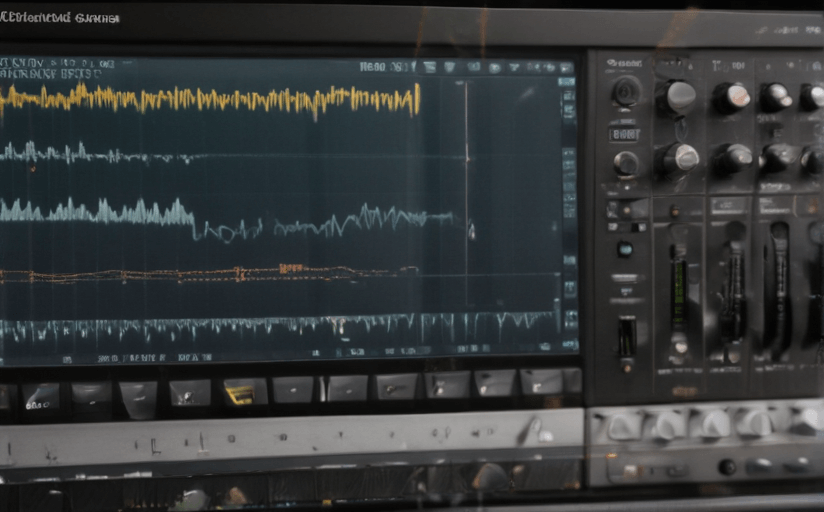The Influence of Auto-Tune in Modern Music: A Creative Tool or Ethical Quandary?
The soundscape of modern music has significantly evolved over the past several decades, largely due to technological advancements in the field of music production. Of these technologies, possibly nothing has stirred more debate than the introduction and widespread use of Auto-tune. From being hailed as a democratizing force enabling artistic expression, to being disparaged as a facade obscuring genuine talent, the discourse surrounding Auto-tune is both extensive and contentious.
Auto-tune as a Creative Tool
On the positive end, Auto-tune has been lauded for democratizing music creation. It enables artists, regardless of their vocal prowess, to experiment and create music in ways that were previously exclusive to professionally trained singers. In addition, it has become an indispensable tool for enhancing the overall quality of recorded vocals, making music more accessible than ever before. It empowers the artist to manipulate vocalistic parameters and to experiment with sound in innovative ways. As the popular adage in the music industry goes Auto-tune isn't about making bad singers sound good, but good singers sound extraordinary.
Ethics, Authenticity, and Artistic Integrity
Despite its obvious utility, Auto-tune has posed significant challenges to our collective understanding of musical talent and authenticity. Critics argue that its overuse can blur the line between technological finesse and genuine vocal talent. It raises important questions about the honesty, authenticity, and integrity of music. For some, the over-reliance on this tool can substantially devalue the concept of raw vocal talent and organic, emotive performances.
Divisions Within the Music Industry
These contrasting views have led to a stage where musicians and experts are seen veering towards two polarized stands – either vehemently opposing or gleefully embracing this technology. Some highlight the loss of the human touch in music, while others argue that just as every other creative industry, music, too, must evolve with technology. Therefore, what we experience now is a divided industry unable to reach a consensus on Autotune’s rightful place in music.
Public Reception to Auto-tune
The varying viewpoints on Auto-tune manifest not only among musicians and producers, but also within the broader public. Where some appreciate the wider array of sounds and styles enabled by Auto-tune, others yearn for the raw emotions and imperfections that give life to music. The dialogue around Auto-tune thus symbolizes the dichotomy between tradition and innovation - a friction point that not only informs music but culture at its broader sense.
Conclusion
With its capacity to drastically alter the landscape of musical creation, Auto-tune undoubtedly stands at the eye of storm in the current music industry. Its impact continues to expand, penetrating all layers of music creation and consumption. As we navigate through the ongoing discourse around this technology, it is crucial to remember that it holds the power to shape the future course of music. But simultaneously, it also tests our notions of authenticity, talent, and the very essence of musical expression.
















Comments
Leave a Comment